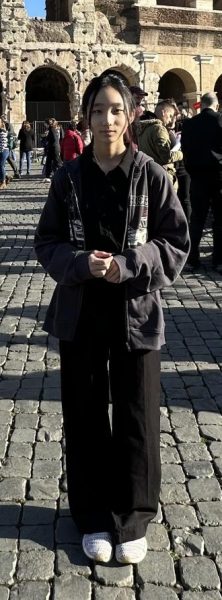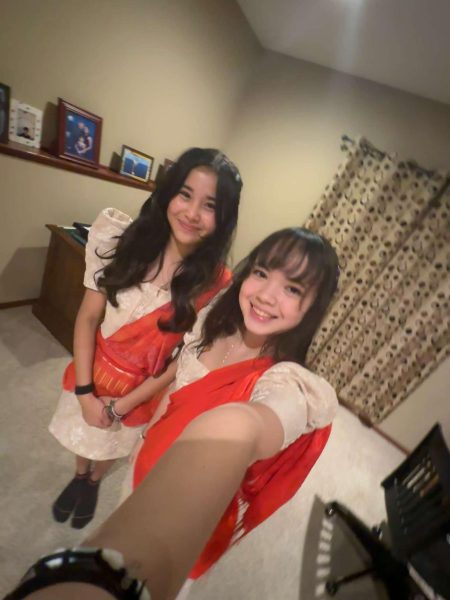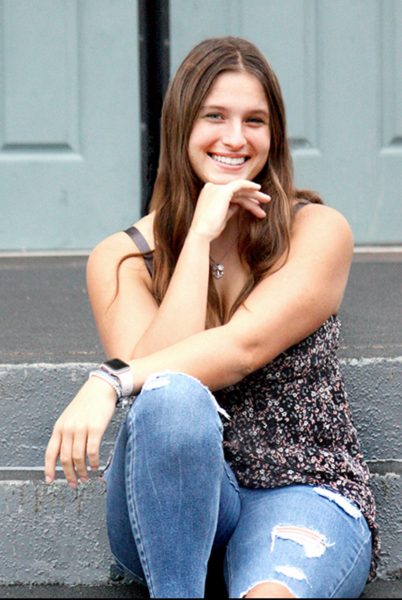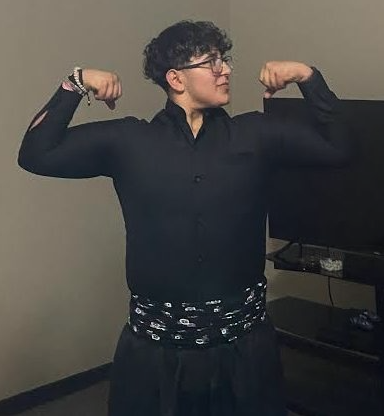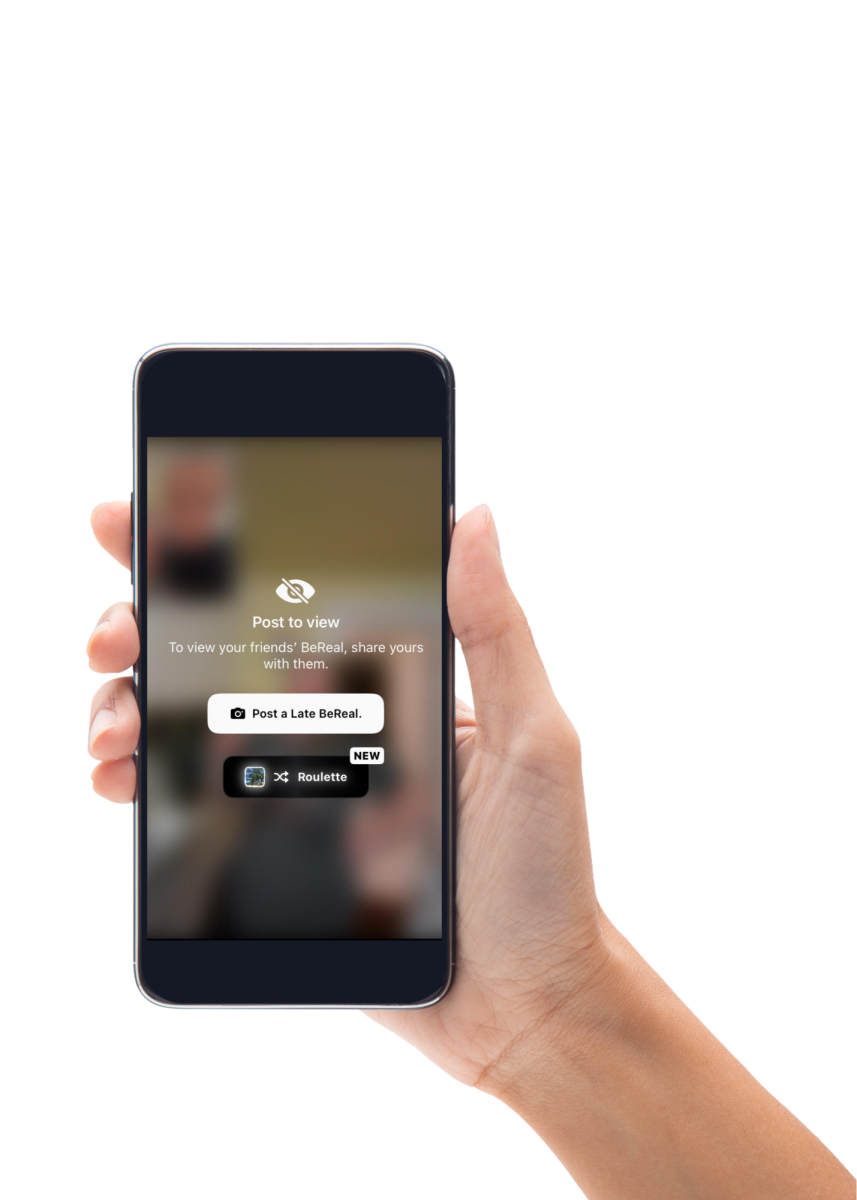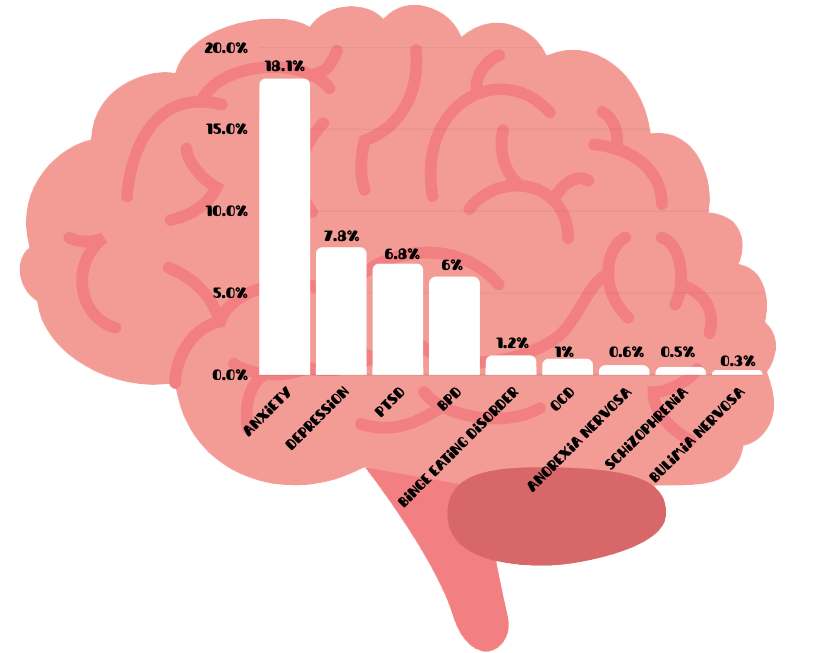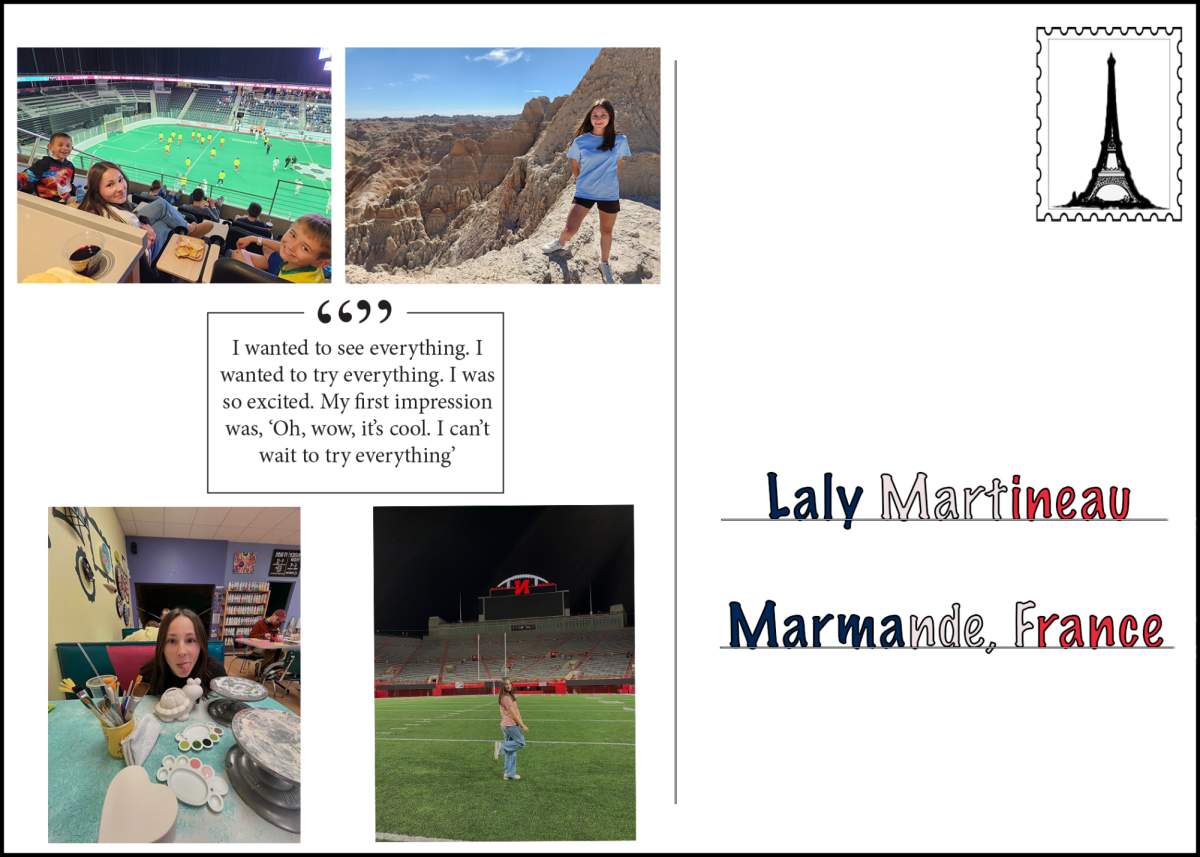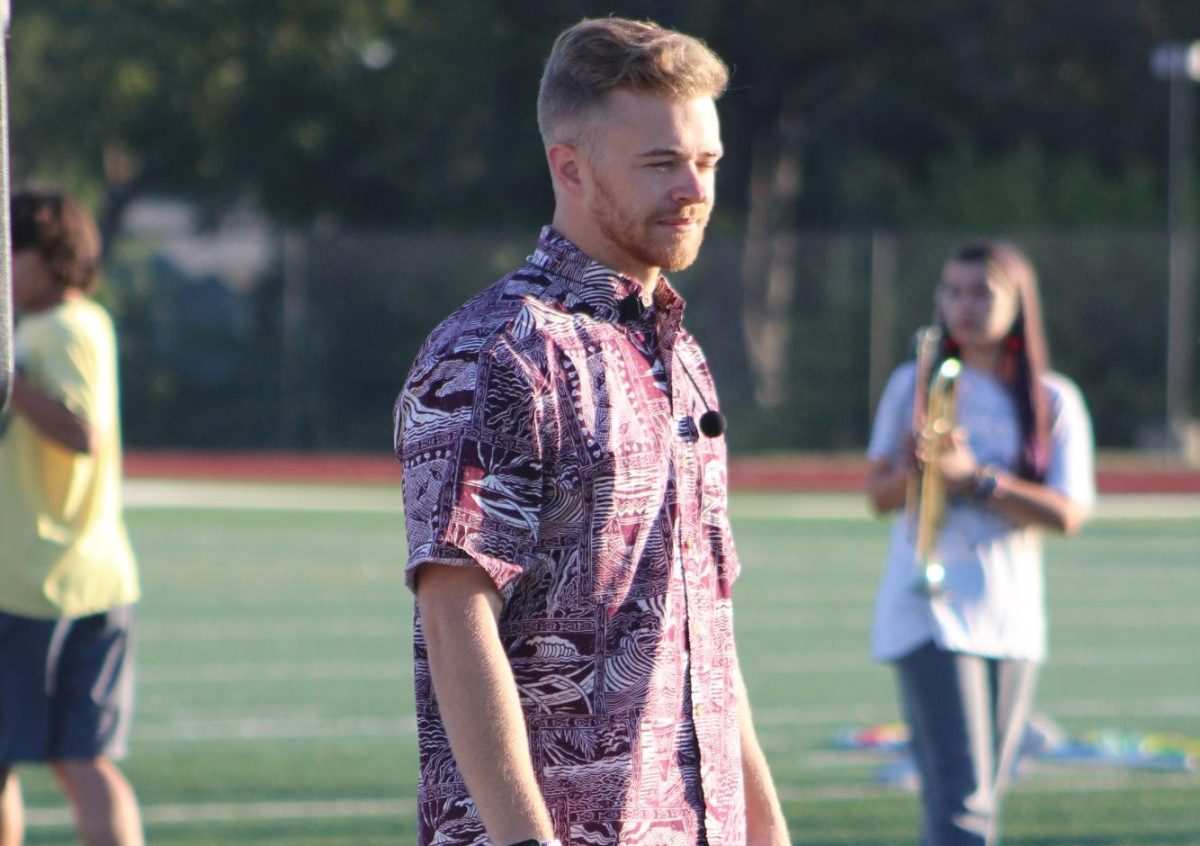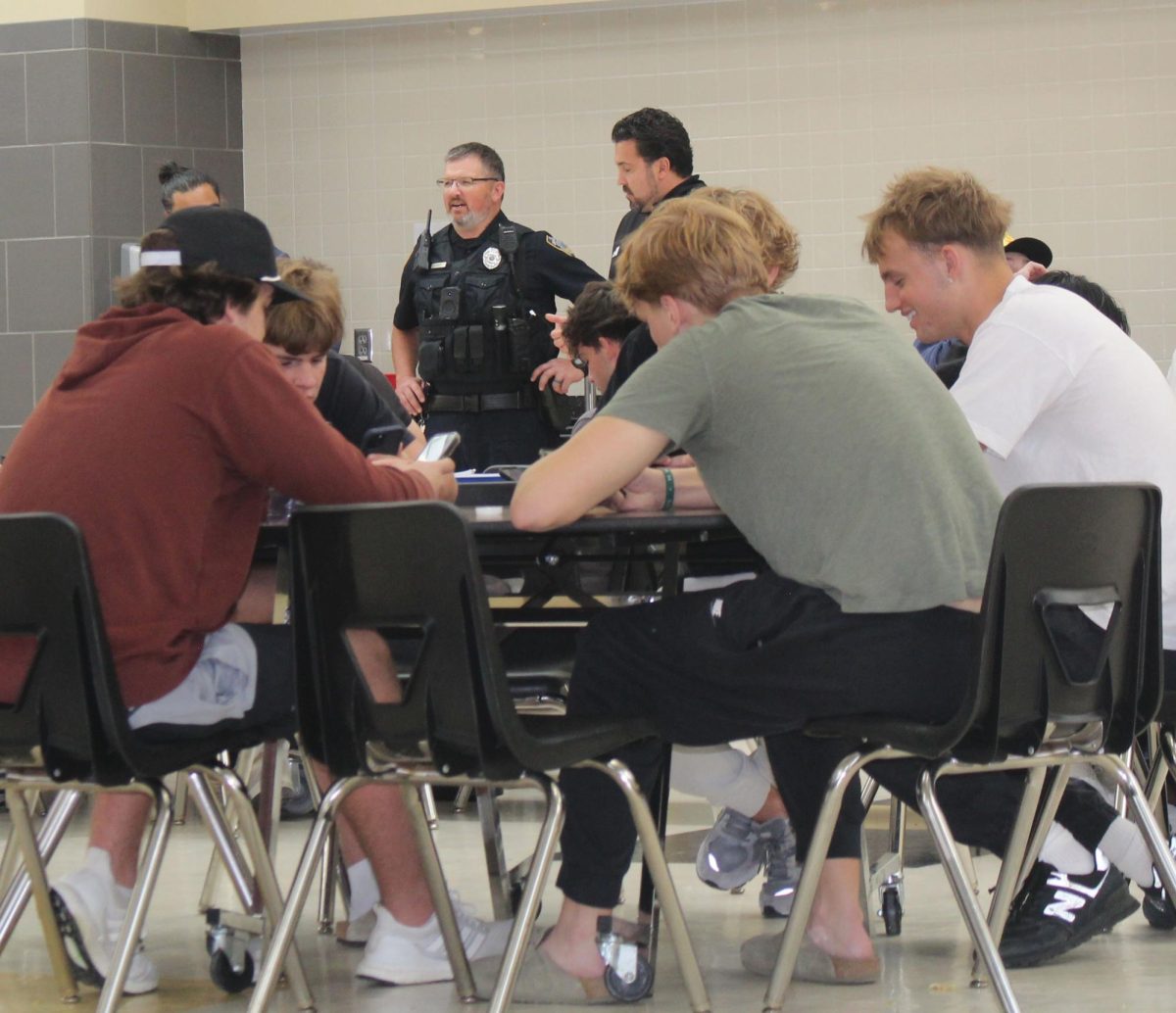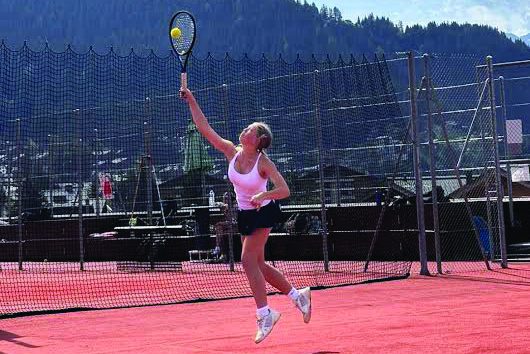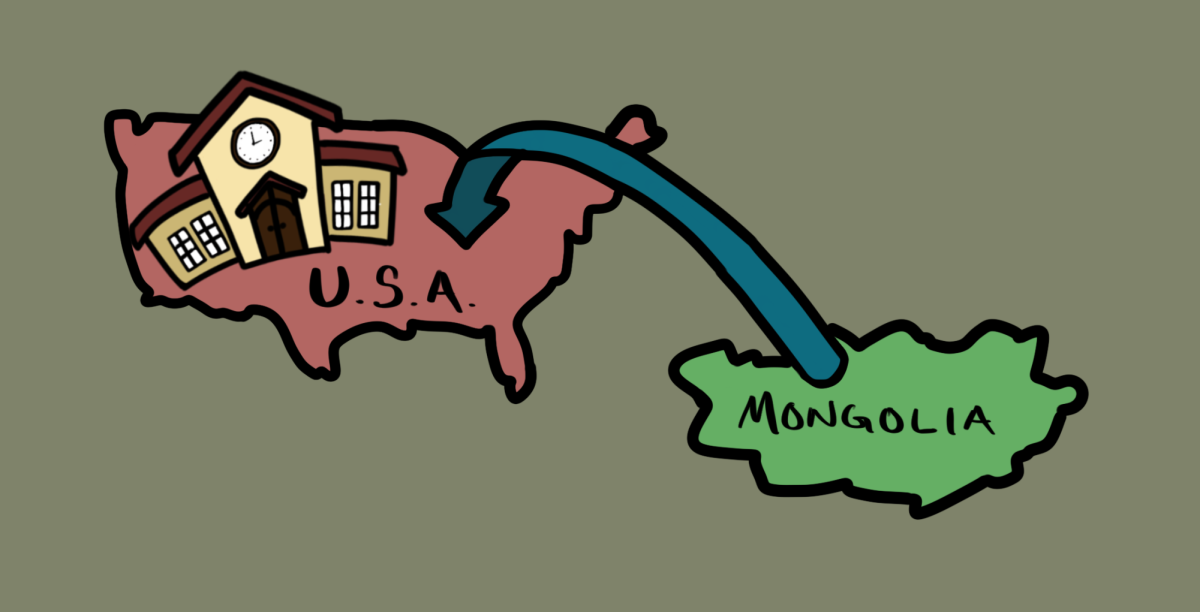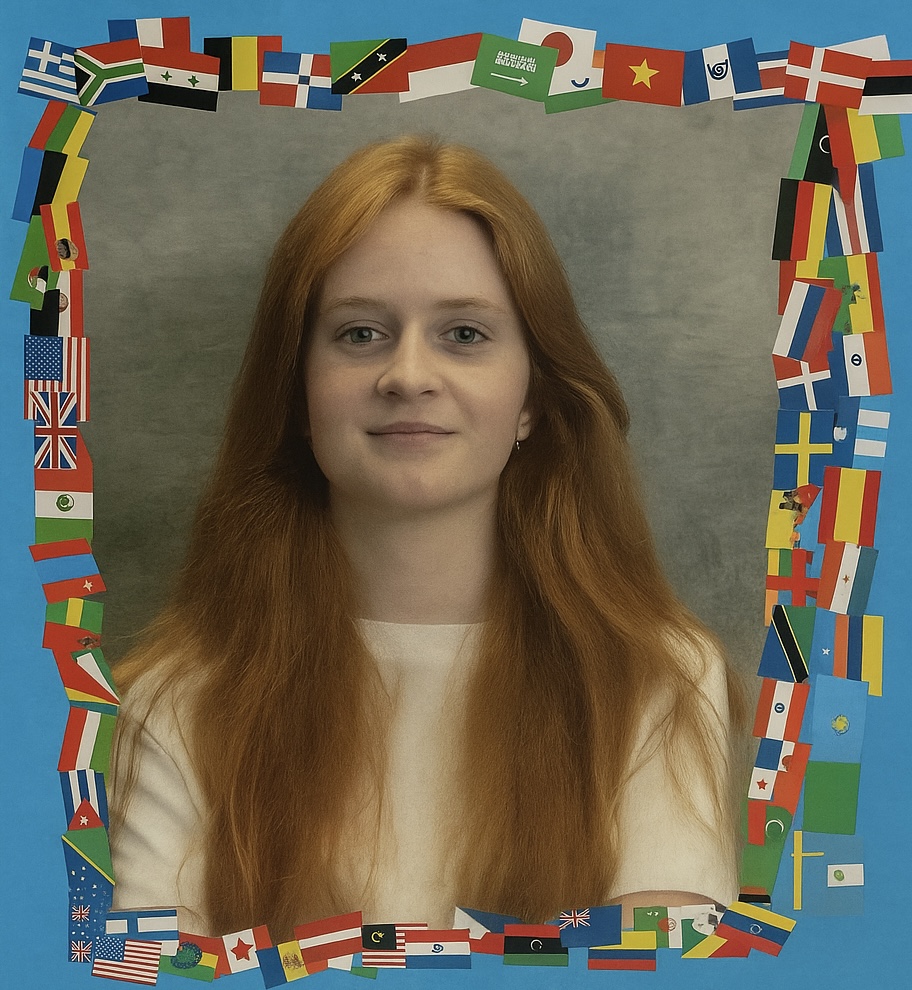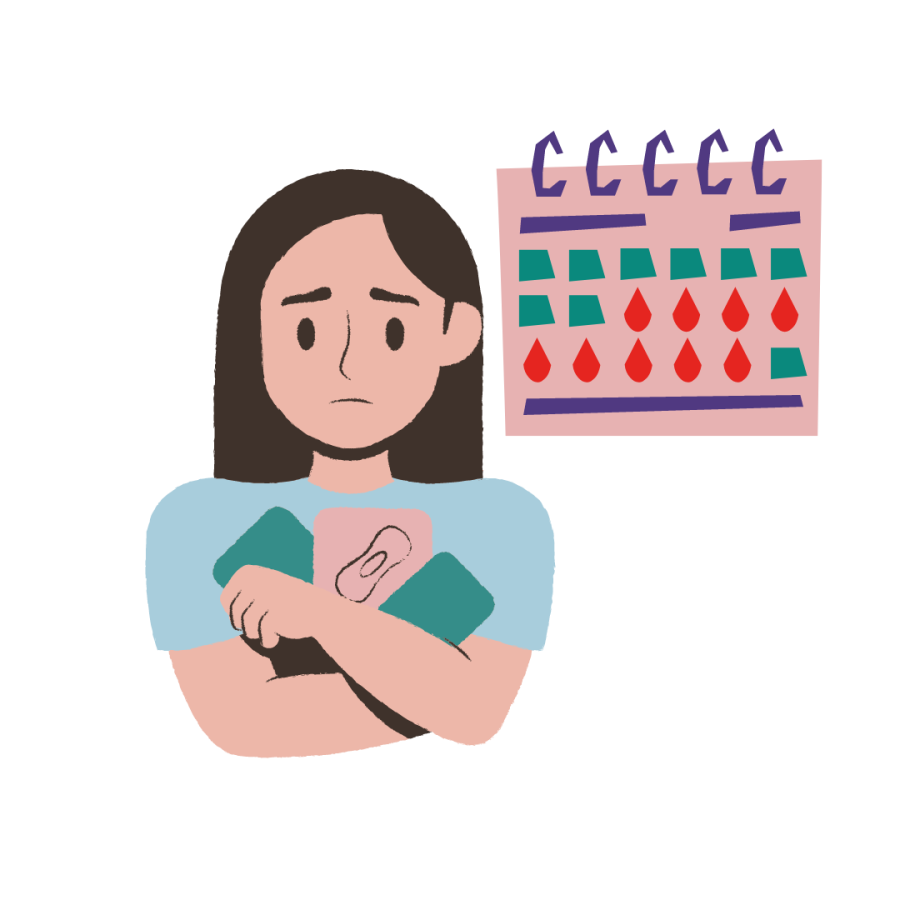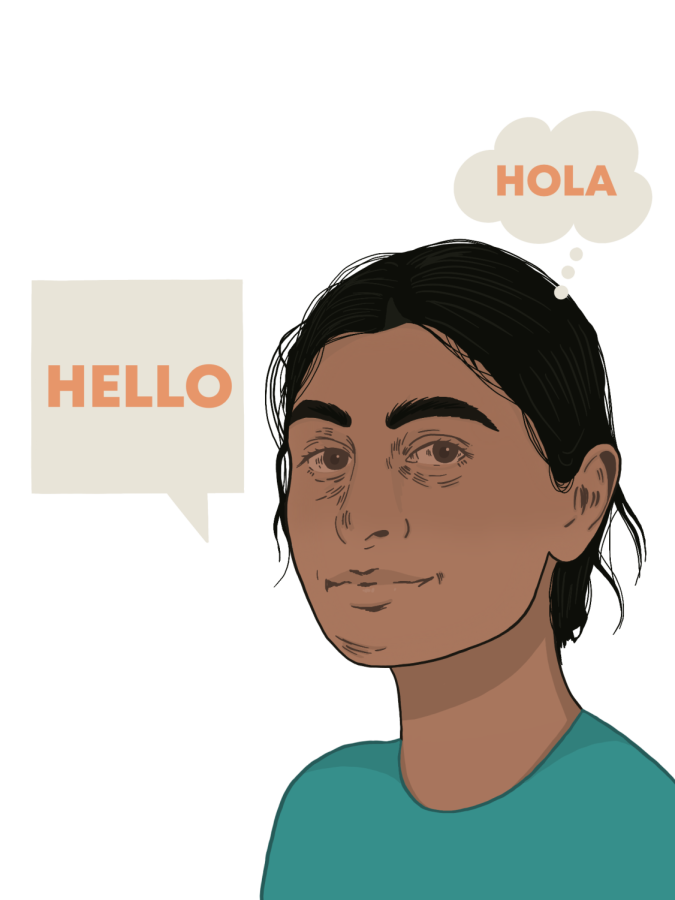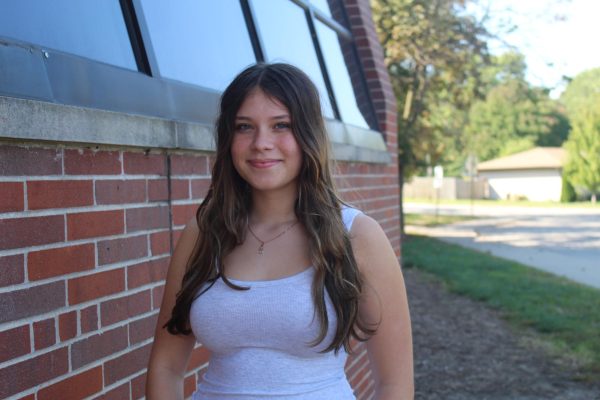Have a look around the world today and you will see countless people of diverse backgrounds surrounding the environment. Even in the U.S. today, about 12% of people identify as a second generation immigrant. Although we may acknowledge these cultural differences, we most likely don’t think of the lives and experiences of these select people.
Second generation immigrants are people who were born in the U.S., but have at least one parent that is an immigrant. Oftentimes there are multiple difficulties that these people have to face throughout their life growing up such as harsher expectations and combating language barriers. These LSE students share their experiences with being second generation immigrants and provide insight to the ways of their lives.
Julie Li (China)-
Julie Li is a freshman at LSE whose parents both immigrated from China 14 years ago. China is a country in East Asia that is known for its outstanding architecture and large population. Li has been to China one time, but despite being born in the U.S. she feels pretty connected to her culture. This is due to her going to Chinese school and having the ability to speak, write and read in Mandarin. Being able to connect with her culture like that creates minimal cultural disconnect, even though there are still some challenges. A challenge for Li has been learning to deal with how people react to her culture.
“I feel like sometimes, when you tell people about your culture, you don’t know how they’ll react, so I always kind of limit what I tell them,” Li said. “The stuff that we do in our culture sometimes seems weird to people here.”
She believes this is why it’s important to not discriminate if people from cultures do things differently. They are not “weird”, it is just another way that people live their daily lives. Even enriching your knowledge of different cultures is a good way to immerse yourself into the many wonders of the world.
Anna Friendt (Philippines)-
Anna Friendt is a freshman at LSE whose mom immigrated to the U.S. from the Philippines 22 years ago. The Philippines is a culturally rich, Southeast Asian country, consisting of 7,641 different islands. Even though Friendt has visited the Philippines three times, she still sometimes feels a cultural disconnect, due to being born in the U.S. instead, which many others also experience.
Friendt said, “Sometimes when I’m in the Philippines, and I’m with a lot of kids, I don’t really speak the language much and I’m kind of like ‘Oh I’m really an outsider’. Sometimes I feel isolated.”
She wants to connect further with her culture by learning more of the language, in order to communicate with other Filipinos better. Like many other countries, there are also set expectations and standards in the Philippines. Even though she was born in the U.S., her mom implemented these standards in Friendt’s life while she was growing up.
“Whenever I was a kid, [my mom] would always keep me inside because in Asia, they have different beauty standards of more pale skin. So my skin was whiter, which is kind of weird growing up because I feel like now a lot of people want to get tanner, but I don’t really feel that way because I just grew up like with my parents telling me to stay inside,” Friendt said.
Rako Ranjbar (Iraq)-
Rako Ranjbar is a junior at LSE whose mom immigrated from Iraq 13 years ago. Iraq is a country in the Middle East known for its remarkable inventions and being home to the oldest civilization known to exist, Mesopotamia, which also earned it the nickname of the “Cradle of Civilization. Ranjbar has never visited Iraq, but plans to go with his family when he graduates in 2025. Due to this, Ranjbar mentions the cultural disconnect that he feels, because of the language barrier he has to face.
Ranjbar said, “I don’t know how to speak Kurdish. At a young age, I was fluent in it, [but] sooner or later, I just forgot how to speak [it].”
This has caused Ranjbar to have difficulties communicating with other people from his culture, making him feel left out at social gatherings with his family and others. This is why he wishes to learn more of the language in order to connect back stronger with his culture.
“Anytime [my family and others] go hang out, they’re all speaking Kurdish, Arabic, Persian and other types of languages. I’m over here just stuck on my English and not knowing how to speak or anything,” Ranjbar said.
Katarina Ward (Serbia)-
Katarina Ward is a senior at LSE whose mom immigrated from Serbia 26 years ago. Serbia is a country in Southeastern Europe that has rich folklore and customs. Ward has been to Serbia several times and even has an apartment and a cabin that her and her family go to. Even with these strong roots to her mother’s homeland, she also feels a cultural disconnect due to being born in the U.S. instead of Serbia.
Ward wishes that she was able to speak the language more so she could communicate better with her family. Language barriers are a huge thing that impact many people across the world today no matter where. And not being able to talk to ones close to you, can have a serious impact on your life.
“Hearing my mom talk with her brother, I’m like, well, I wish that I knew how to talk with you like that,” Ward said.
Other than communication, Ward also wishes she could understand more of the experiences that her mom had to go through living in another country back then.
“I wish I understood more things because [my mom] grew up and there was a war going on, NATO was bombing Serbia. I wish I understood more of how that impacted her,” Ward said.
Ward also faces challenges with the expectations that she has to face in her day to day life. Her dad, who grew up in Omaha, has a different parenting style than her mom. . Although having two sets of expectations placed on her, she still finds it easy to switch between them.
“There’s definitely different expectations between the two families. So I think I can adjust easily to it, like between even my mom and dad. I kind of have to switch because she has a very different life than he did,” Ward said. “So being parented by one requires you to be one way and then the other is like the other.”
These LSE students have all shown that with language barriers and harsher expectations, having two cultures can come with the consequences of feeling disconnected at some points in time. Second generation immigrants are truly incredible people that have different stories and experiences to share.
